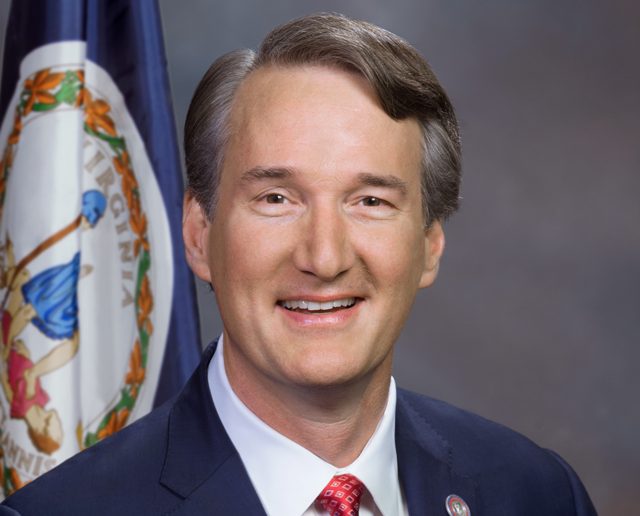Selecting seats
Gov. Glenn Youngkin has appointed four new members to the University of Virginia Board of Visitors. The new BOV appointees—Paul Harris, Paul Manning, John Nau III, and Rachel Sheridan—were announced in the governor’s most recent slate of appointments June 28.
Three of the four individuals are major contributors to the governor’s political efforts.
The largest of the contributors is Nau, who gave a combined $300,000 to Youngkin’s gubernatorial campaign and his Spirit of Virginia PAC. The UVA alum previously served on the BOV from 2011 to 2015, and is currently the chair and CEO of Texas-based Silver Eagle Beverages. Nau is a major Republican contributor who’s donated more than $900,000 to GOP candidates in Virginia since 1999, according to the Virginia Public Access Project.
Both Manning and Sheridan also contributed to Youngkin’s campaign for governor, giving $240,000 and $25,000, respectively. While not a Virginia alum himself, Manning lives in Charlottesville and has frequently worked with the university, most notably on the Paul and Diane Manning Institute of Biotechnology. Sheridan is a double-Hoo, with a bachelor’s and law degree from UVA, and is the vice president of the Virginia Athletics Foundation.
Harris—the lone appointee who has not contributed a substantial amount to Youngkin or his PAC—is the executive vice president and chief sustainability and compliance officer at Huntington Ingalls Industries. Although he now lives in Richmond, Harris was born in Charlottesville and represented Albemarle County in the Virginia House of Delegates as a Republican from 1998 to 2002.
In a statement to VPM News, Youngkin spokesperson Macaulay Porter said, “The governor has appointed experienced and dedicated professionals willing to utilize their professional expertise to deliver on our higher education priorities of affordability, academic excellence, and free speech.”
Coming full circle
After more than two years, the newly renovated Crescent Halls is reopening its doors to residents.
During construction, the 105-unit public housing project was updated extensively to better meet the needs of tenants,
who are mostly elderly and people with disabilities. Some of the updates include new HVAC units, community rooms, a nursing clinic, outdoor patios, and free high-speed internet.
Residents advocated for the renovations for years prior to the project breaking ground in 2021, and were heavily involved in the planning process.
While the redevelopment was originally meant to be completed without displacement, a massive water leak forced occupants to move out temporarily. The Charlottesville Redevelopment and Housing Authority is now moving tenants back into the building floor by floor, after a longer-than-expected construction period.
Although the reopening of Crescent Halls is a step toward alleviating Charlottesville’s ongoing housing crisis, demand for affordable housing continues to significantly outpace availability.
More than 900 people are currently on the waitlist for housing at Crescent Halls.

In brief
Pipe it down
Fighting back against the fast-tracked approval of the Mountain Valley Pipeline, the Southern Environmental Law Center is representing the Wilderness Society in opposition to U.S. Department of Justice and Mountain Valley Pipeline, LLC efforts to toss out a pending challenge to the pipeline. Approval of the MVP was included in the Fiscal Responsibility Act, which suspends the limit on federal debt through January 1, 2025.
Picking fights
On June 29, Charlottesville “sign guy” Mason Pickett was convicted of assault following an incident on the Corner. During the trial, Torrance Malone testified that after a heated verbal exchange with Pickett, the man grabbed her aggressively when she tried to move his sign out of her way. Pickett was sentenced to 20 days in custody, but was released on a $2,500 bond while he appeals the decision.
Airing it out
Charlottesville air quality once again took a turn for the worse last week, thanks to Canadian wildfire smoke. The diminished air quality will likely continue intermittently for the rest of the summer, due to the particularly harsh wildfire season Canada is currently experiencing. According to the CDC, individuals in areas with unhealthy air or pre-existing conditions should watch for symptoms of acute smoke exposure, including: headache, eye irritations, trouble breathing, coughing, wheezing, chest pain, palpitations, and fatigue. To monitor local air quality, visit the Air Quality Index at airnow.gov.
